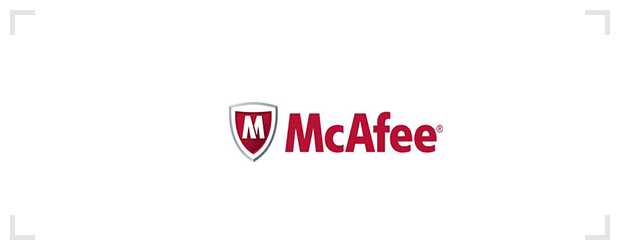Security rivals McAfee and Kaspersky Lab each made new product announcements today in their quest to make cloud computing safer.
McAfee added onto its Security Connected portfolio with new Identity and Access Management solutions. The new solutions were previously sold and developed by Intel, include McAfee Cloud Single Sign On and McAfee One Time Password. McAfee also introduced a new McAfee Identity Centre of Expertise, staffed with experts in identity and cloud security to assist users and channel partners with questions pertaining to identity and access management issues, such as architecture requirements and best practices.
According to the Santa Clara, Calif.-based McAfee, organizations of all sizes are moving IT operations and functions to the cloud in order to reduce costs. As businesses embrace cloud-based applications, they find their IT department and application administrators are overwhelmed with the problem of managing cloud-based application accounts. Many organizations are trying to use legacy identity and authentication solutions which can create security gaps and are often complicated to deploy and customize for new applications.
The McAfee Identity and Access Management solutions include:
- One Time Password, a scalable multi-factor authentication solution which delivers a one-time password (OTP) to any mobile device or PC;
- Cloud Single Sign On for cloud-based applications. McAfee Cloud Single Sign On is available in two form factors – On-Premise and in a SaaS environment.
Pat Calhoun, senior vice president and GM of McAfee’s Network Security unit, said there’s a huge shift underway to extend enterprise-class securityto cloud-based applications and services while also consolidating security onto just a few key platforms. McAfee is not trying to ‘boil the ocean,’ instead we are focusing on several identity-related ‘hot spots’ and investing to help our customers and partners solve critical challenges and maintain business continuity and agility.
Meanwhile Kaspersky made another enhancement to its virtualization security offering. Kaspersky Security for Virtualization 2.0 will be the company’s first product that integrates with VMware vCloud Ecosystem Framework component of VMware vCloud networking and security. The Moscow-based security vendor will also be providing Intrusion Detection and Intrusion Prevention technologies that will offer channel partners an opportunity to help customers manage physical and virtual security all through a single central console.
O+K Research found in 2012 that 81 per cent of American companies run business-critical services in virtual environments. But many don’t fully recognize the security implications. Of the same businesses surveyed:
· 53 per cent are not securing their virtual infrastructure; and
· 27 per cent believe that the security risks in a virtual environment are lower or significantly lower than those for physical infrastructure.
This enhancement follows Kaspersky’s initial agentless security solution for VMware vShield Endpoint, introduced in April 2012.
The new enhancements are:
· An intrusion protection system (IDS/IPS);
· Using cloud-based information shared through the Kaspersky Security Network;
· A new Shared Cache feature that reduces resource consumption and speeds up full-scan times for virtual machines; and
· A “per virtual machine” licensing model.
Nikolay Grebennikov, CTO of Kaspersky, said for years, Kaspersky has been talking to businesses about the need for advanced protection at all levels for their network infrastructure, and more IT managers have realized the need for protection designed specifically for virtual environments. This latest Kaspersky Lab advancement brings expands our protection to include virtual machines and networks, and is the result of our ongoing partnership with VMware.





